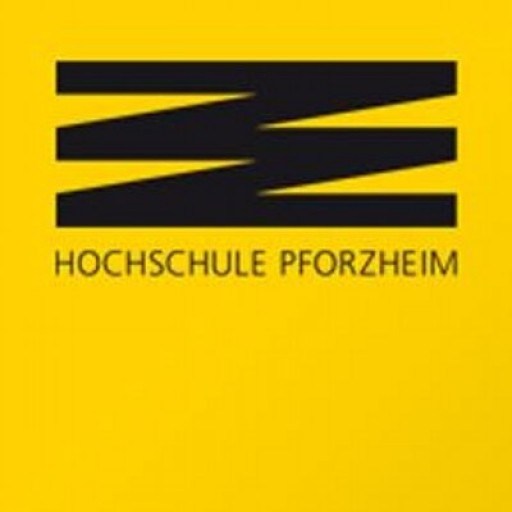Photos of university / #oxfordbrookes
Advertisement
The MSc Digital Media Production will provide you with the techniques and the expertise with industry standard tools that are needed for the creation of contemporary media products. The programme covers video and audio production, computer graphics and animation, and the making of interactive products for distribution via CD, DVD and web sites, as well as the longer established media of television, video and audio. Students work on the award-winning Brookes TV, making and producing broadcasts.
You will have the opportunity to demonstrate the ability to deal with complex issues systematically and creatively, and show originality in tackling and solving problems.
The course is open to graduates with a range of academic backgrounds. It will enhance your career prospects and will offer you the opportunity to acquire the skills needed to work in the media industry.
Why Brookes?
Lecturers on the MSc Digital Media Production have experience of working in the media industry and we have state-of-the-art facilities. That means you will enjoy an excellent academic education coupled with practice-based learning, using industry-standard hardware and software.
A feature of the programme at Brookes is that it is open to students from any academic background such as arts, literature, business, computing and many more.
Career prospects
Students graduate from the course with a broad skill set that equips them to move into a career in film and television post production, the computer games industry or live television production.
Course length
Full-time: 1 year (12 months)
Part-time: 2 years
The course is structured around three time periods: Semester 1 runs from September to December, Semester 2 from January to May, and the summer period completes the year until the beginning of September.
To qualify for a masters degree you must pass all taught modules and the dissertation, together with the research and study methods module.
* Video Production is intended to give you an understanding of, and the ability to apply, the skills required for sound and video recording, including the techniques used to design, author and produce electronic media. The module will take you through the entire process of making interactive video-based multimedia products. This includes pre-production planning, production phase involving industry standard tools for recording and post-production using the latest techniques of data manipulation.
* Web Media provides you with an understanding of the processes and practices needed to generate and manipulate web content. You will develop a blog and build an online portfolio of work including digital text, images and audio material.
* Creating Character Models provides you with a systematic understanding and experience of techniques used in 3D character modelling, using PC based systems that are used in the CGI (computer generated imagery) industry. You will produce 3D character models and rendered images
* Creating Digital Animation and Visual Effects covers the techniques used in 3D animation and motion capture. You will animate 3D character models including fluids, fabrics, skin, hair and fur. The emphasis is on understanding how complex animations are created using studio software. You will produce animations using studio packages. Motion capture will be used to emulate life-like graphics. You will also look at future developments such as markerless motion capture and augmented reality.
* Newsroom Operation covers the entire workflow for a broadcast TV newsroom from an original news story, through the write-up, planning and capturing footage, to editing and broadcasting. Using the latest industry-standard equipment in a fully operational newsroom, you will gain an understanding of the creative and technical processes involved in TV production.
* Professional Media Production aims to provide you with a comprehensive understanding of management techniques relevant to video/multimedia production. Working in teams, you will acquire the knowledge required to plan, organise, finance, produce and evaluate media materials for external customers.
* Research and Study Methods is designed to introduce you to the research and study methods that will underpin work carried out for your dissertation. The module, delivered in a seminar style, will provide you with research skills, planning techniques, progress management and review, and ability to use ICT support materials. You will be given guidance on the analysis and technical presentation of research material.
* The Dissertation is an individual research and development project of 10,000-15,000 words on a topic closely related to your course of study. The work may be undertaken in close co-operation with a research, industrial or commercial organisation.
As courses are reviewed regularly, the list of taught modules you choose from may vary from the list here.
Want to improve your English level for admission?
Prepare for the program requirements with English Online by the British Council.
- ✔️ Flexible study schedule
- ✔️ Experienced teachers
- ✔️ Certificate upon completion
📘 Recommended for students with an IELTS level of 6.0 or below.









